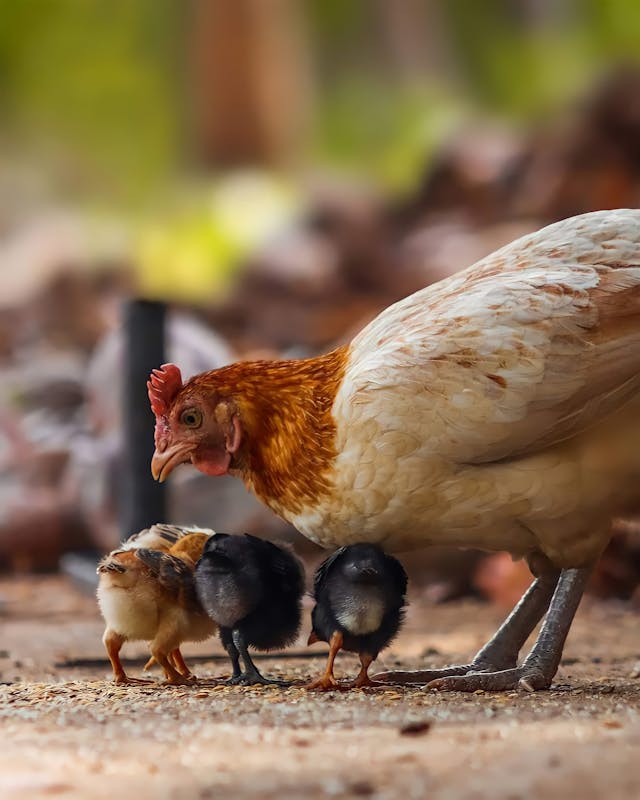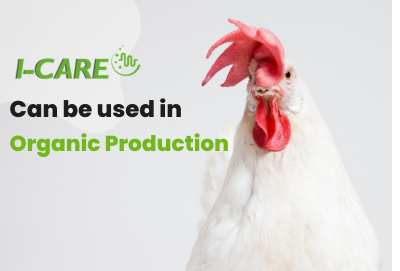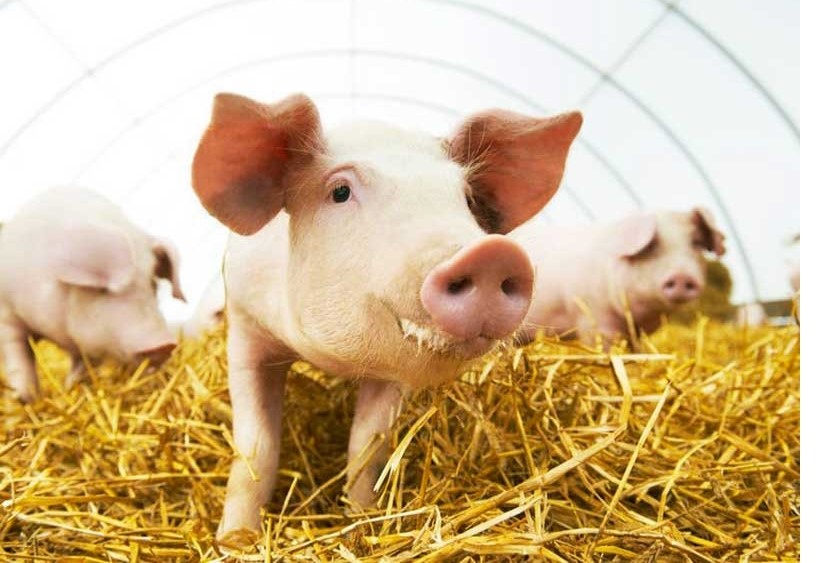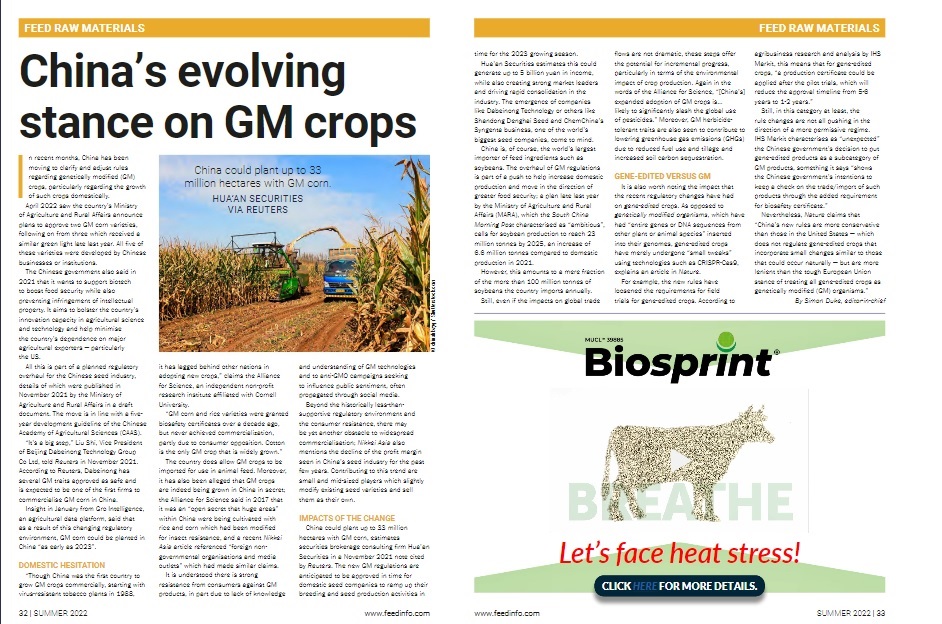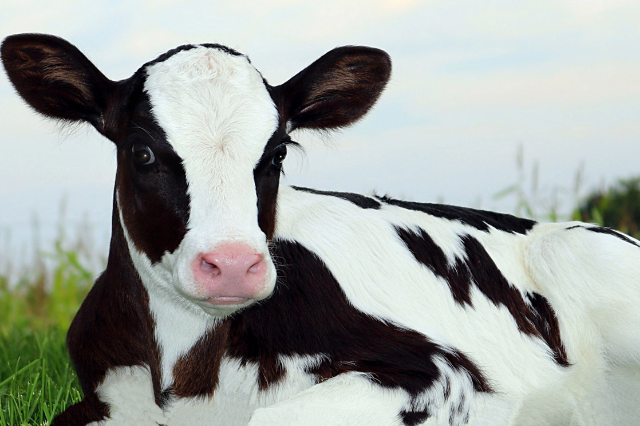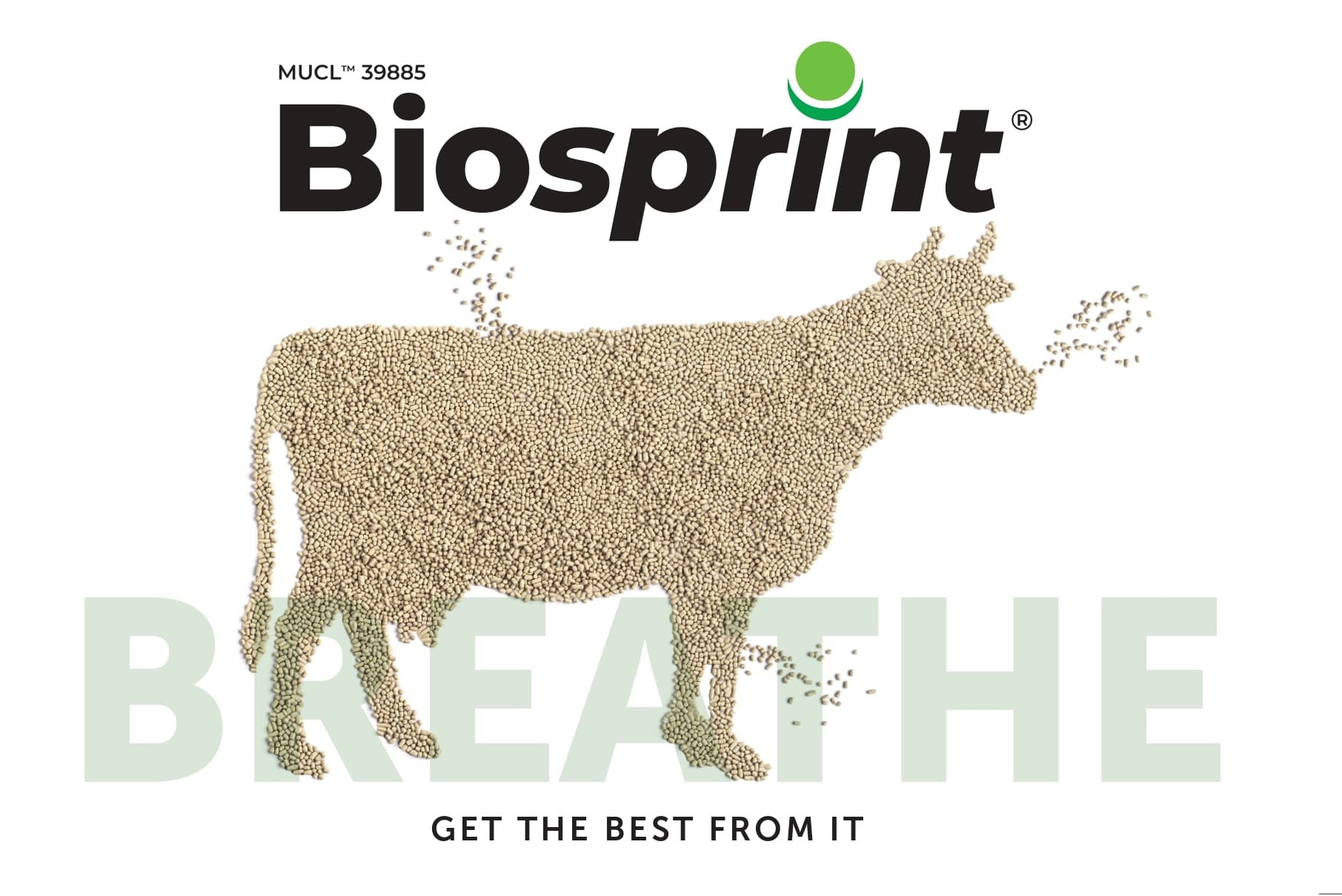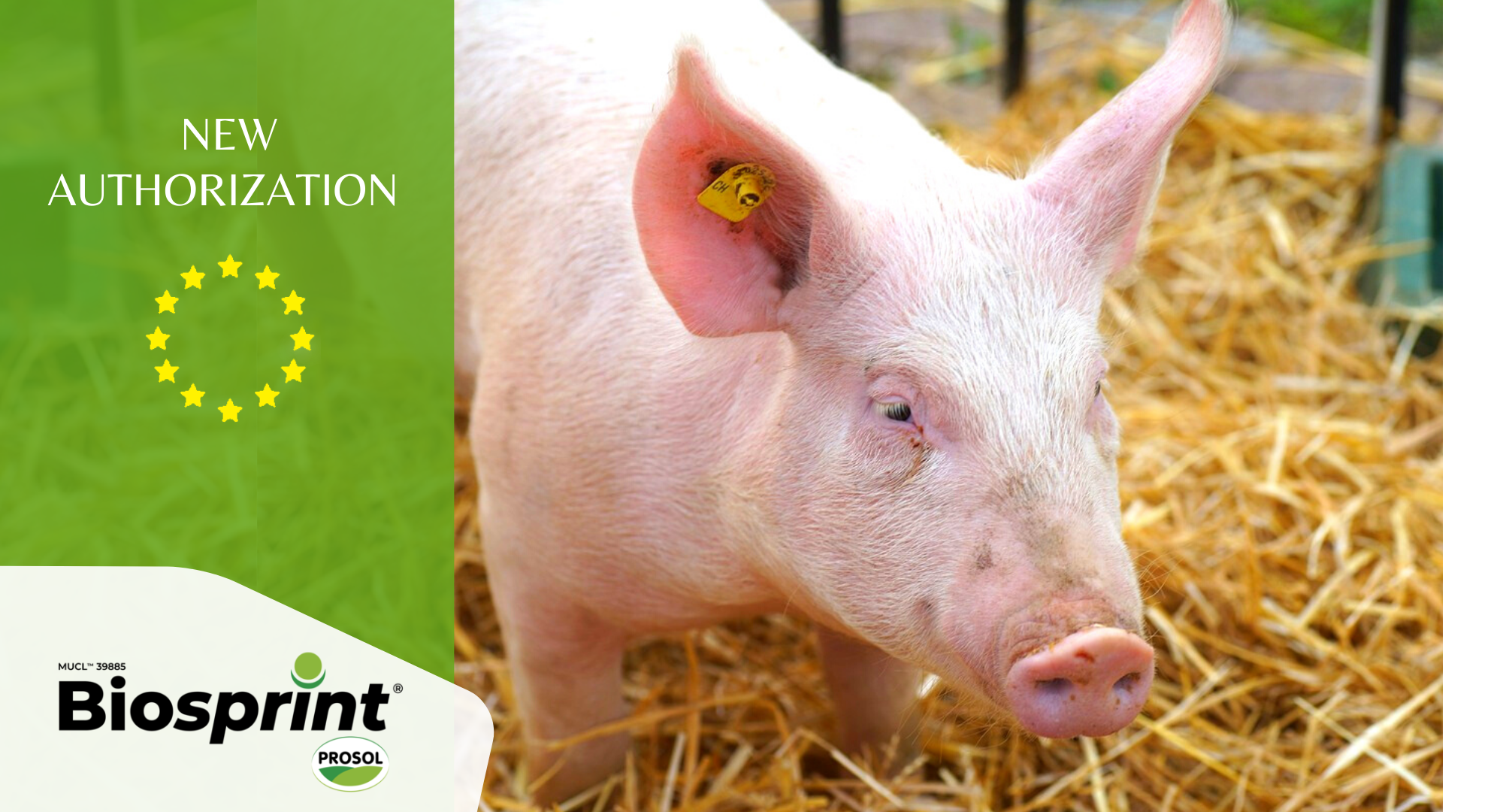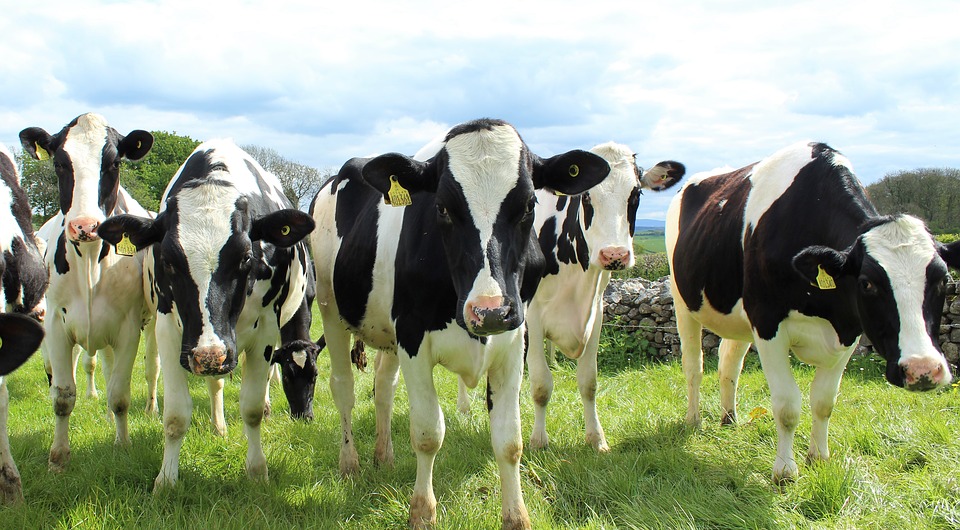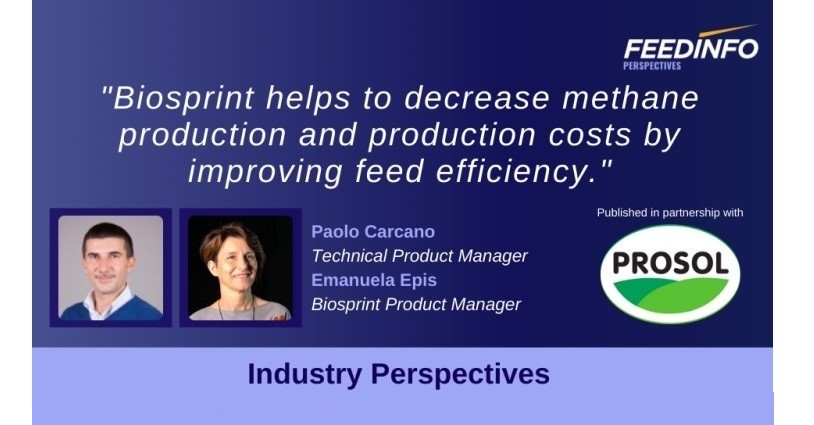Nucleotide Supplementation: A Crucial Defence Against Necrotic Enteritis and Coccidiosis
Nucleotide Supplementation: A Crucial Defence Against Necrotic Enteritis and Coccidiosis The addition of nucleotides to the diet helps to prevent intestinal dysbiosis. By averting enteritis, nucleotides create the conditions for obtain excellent conversion rates and long-lasting productivity. Author: Pier Enrico Rossi, DVM For decades, bacitracin, lincomycin, avoparcin, virginiamycin, tylosin, and avilomycin have enabled the control of necrotic enteritis. Subsequently, regulations aimed at reducing growth-promoting antibiotics, anticoccidials, and ionophores have led to a resurgence of this disease. The etiological agent of necrotic enteritis is Clostridium perfringens, a Gram-positive, ubiquitous, anaerobic, and spore-forming bacterium. The spores enable Clostridium perfringens to survive in livestock facilities for a long period, facilitating transmission across successive production cycles. In this way it [...]

